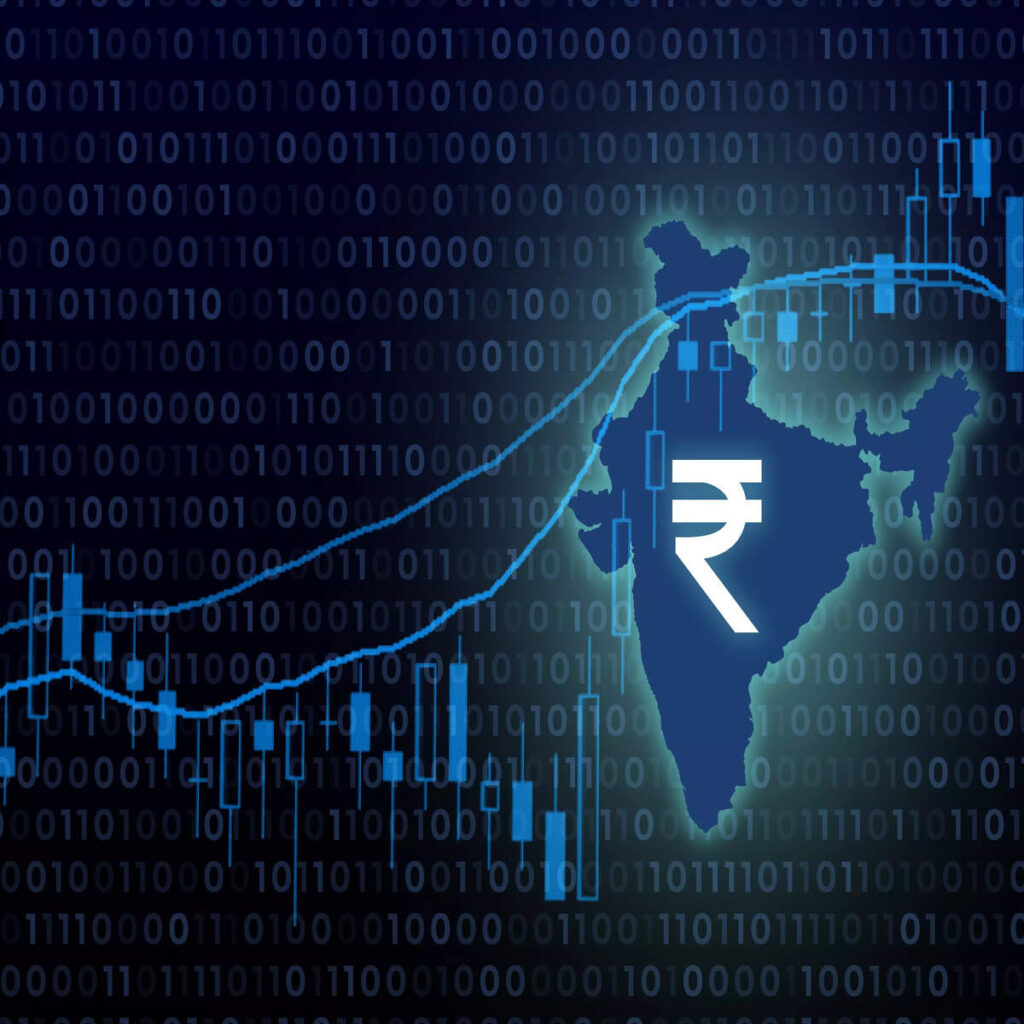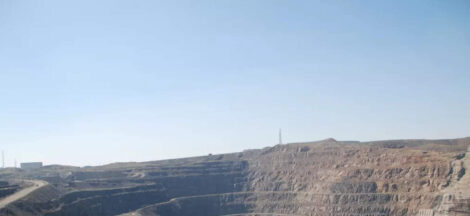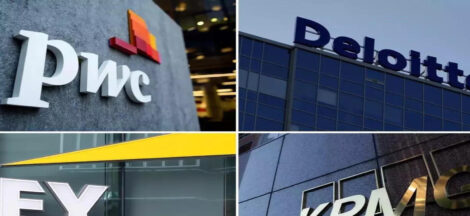NEW DELHI: India’s equity market is facing heightened selling pressure as geopolitical tensions in the Middle East escalated following an Israeli attack on Iranian soil. The strike and its ripple effects, including rising crude oil prices and global market volatility, have stalled the recovery seen in Indian equities since the April 2025 lows. Almost all the Asian and European exchanges closed in the red on Friday while American exchanges opened with sharp cuts.
“Rising tensions in the Middle East after Israel attacked Iran drove investors to safe-haven assets like gold as riskier equities continued to face a battering. This, along with fresh concerns of the US likely to impose unilateral tariffs over the next few weeks and higher valuations of domestic equities, resulted in consolidation of markets,” said Prashanth Tapse, Senior VP (Research), Mehta Equities.
After falling 1% each on Thursday, benchmark indices BSE Sensex and NSE Nifty50 fell again on Friday. The Sensex settled 573.38 points or 0.70% lower at 81,118.60, and the Nifty was down 169.60 points or 0.68% at 24,718.60. India VIX spiked over 7%, reflecting heightened volatility and investor anxiety.
On the sectoral front, the Nifty PSU Bank index underperformed, shedding 1.18%, followed by losses in the Nifty Metal and Nifty Bank indices, which declined about 1% each. The broader market also remained under pressure, with the Nifty Midcap 100 and Smallcap 100 indices slipping 0.4% and 0.5%, respectively.
Vinod Nair, Head of Research, Geojit Investments, stated that market sentiment was notably impacted by heightened geopolitical tensions following Israel’s military strike on Iran, which significantly increased risk aversion among investors.
He added that although India’s CPI for May eased below the RBI’s comfort threshold—offering a positive macro signal—this was largely overshadowed by external headwinds. Brent crude prices climbed near $76/barrel, their highest this year, raising fears of inflation if tensions persist.
Naveen Vyas, Senior Vice President, Anand Rathi Global Finance, said that since India relies on imports for over 80% of its crude oil needs, a conflict between Iran and Israel could lead to a spike in Brent crude prices.
“Iran holds about 9% of the world’s oil reserves, and any disruption could impact several key Indian sectors, including oil marketing companies (such as BPCL, HPCL, and IOC), paints (like Asian Paints and Berger Paints), as well as the automobile and cement industries. These sectors may experience demand slowdown or margin pressure if tensions escalate and persist for more than 3–6 months, particularly if Brent crude prices rise above the $82–85 per barrel mark,” stated Vyas.
Nagaraj Shetti, Senior Technical Research Analyst at HDFC Securities, said that the short-term trend of Nifty is negative, but the medium-term trend remains positive. “Nifty seems to have entered a broader high low range of 24500-25100 again. Hence, any sharp weakness below 24500 could possibly trigger sharp selloff. However, any sustainable bounce from the support could pull Nifty towards 25100 levels again in the near term,” added Shetty.
Source: The New Indian Express




 Energy Prices Surge, India Faces Oil Supply Challenge
Energy Prices Surge, India Faces Oil Supply Challenge 